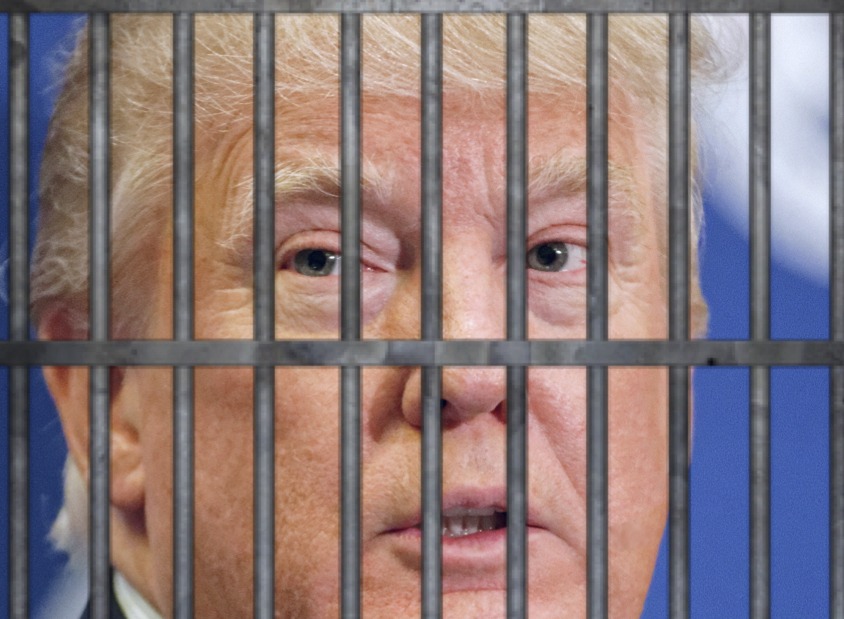Donald Trump’s federal criminal charges

Donald Trump is going to prison in New York on state charges he can’t pardon, and he’ll surely remain in prison for the rest of his natural lifespan. That’s the easy part to predict. The question is what happens with federal charges.
Plenty of pundits have been expressing, with a fair amount of certainty, that Trump either will or won’t be federally indicted. These pundits are all wrong by default, because no one outside of the DOJ can predict such a thing with any certainty whatsoever. Not only will President Biden not be involved in Trump’s federal prosecution, Biden’s Attorney General likely won’t be directly involved either. It comes down to what cases career DOJ officials have been building, or decide to build, against Trump. Any reasonable Attorney General isn’t going to override those officials one way or the other.
Trump will likely try to preemptively pardon himself on all federal charges on his way out the door. Given the constitutional difficulty of pulling this off, and the increasing ineptitude of Trump’s schemes as time has gone on, there is a good chance that it could be struck down by the courts. The percentage odds are anyone’s guess. But even if it is struck down, it’ll take time, because the courts move at glacial speed.
So while New York State is free to move against Donald Trump as soon as he’s out of office, the Feds will have to wait until the pardon saga plays out. By the time the DOJ even has the option of indicting Trump federally, he may have already been tried, convicted, and imprisoned by New York State.
That would mean that any federal charges against Trump would end up being less about incarcerating him (he’d already be in state prison), and more about sending a message to any future criminals who try to hijack the presidency so they can shield their crimes behind it. In other words, it could come down to the mood of the nation.
That’s where Donald Trump’s current antics could end up coming into play. He’s now pardoning his own criminal co-conspirators to try to keep them from testifying against him. He’s caught up in a bribery-for-pardon scandal. His attempt at overthrowing the election was never going to work, but it was nonetheless treasonous. He’s talking about trying to pardon his family members.
This is the stuff that average nonpartisan Americans are going to remember in the end. They never will fully grasp whether the pandemic was his fault, or if he was good or bad for the economy, or what money laundering and obstruction of justice are. But they will understand that his pardons and such on the way out the door meant that he was very guilty.
These antics are going to make it easier for the DOJ to bring federal criminal charges against Donald Trump if it ends up deciding to. Of course at that point Trump may not care. By the time he gets to federal trial, he’ll likely already be in state prison, bankrupt, alone, and in fading health, with nothing left to lose. But if the DOJ does manage to indict him on federal charges, it would send a message for the next few generations that no President is above the law – regardless of which state they’re from and whether that state is willing to prosecute them.
